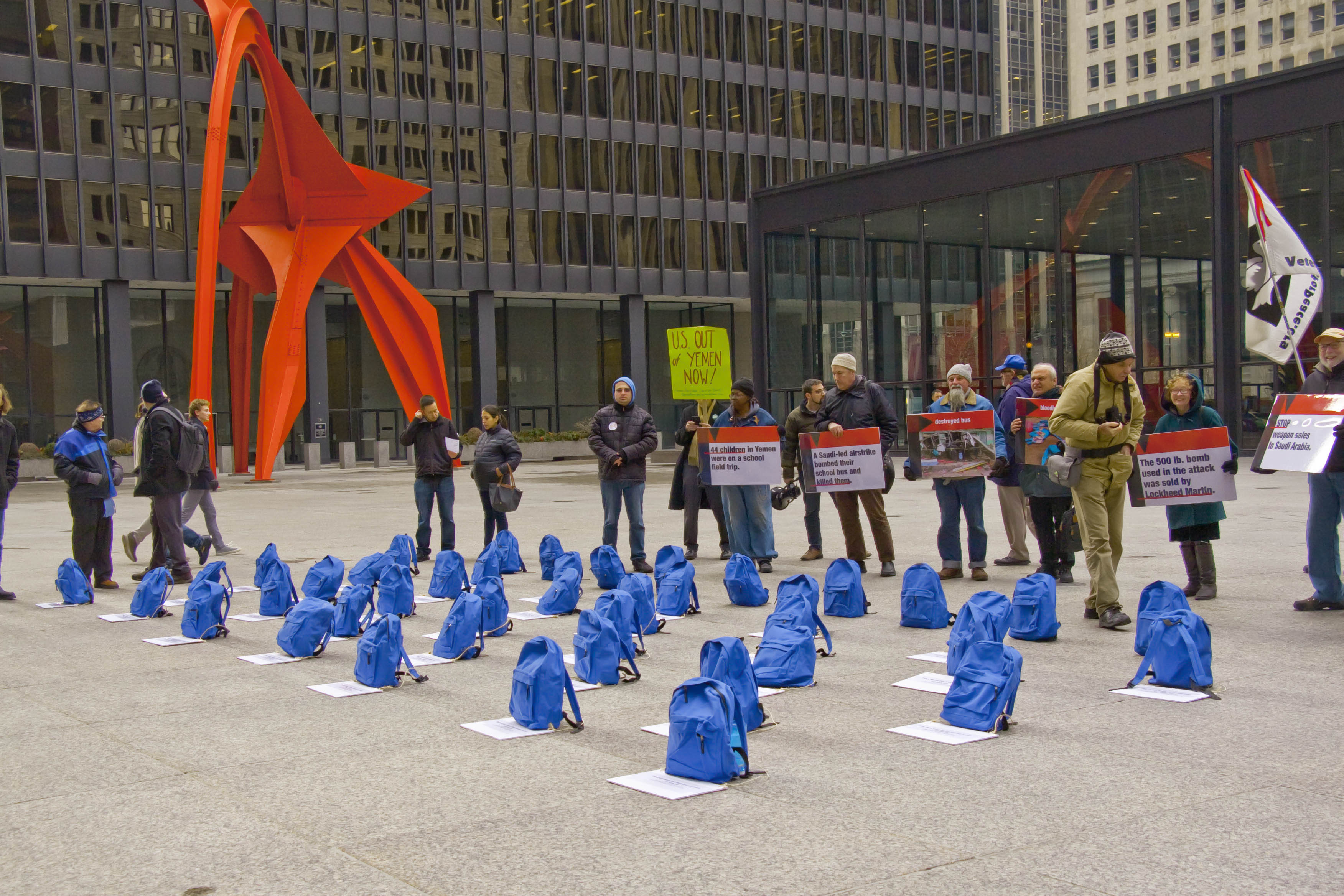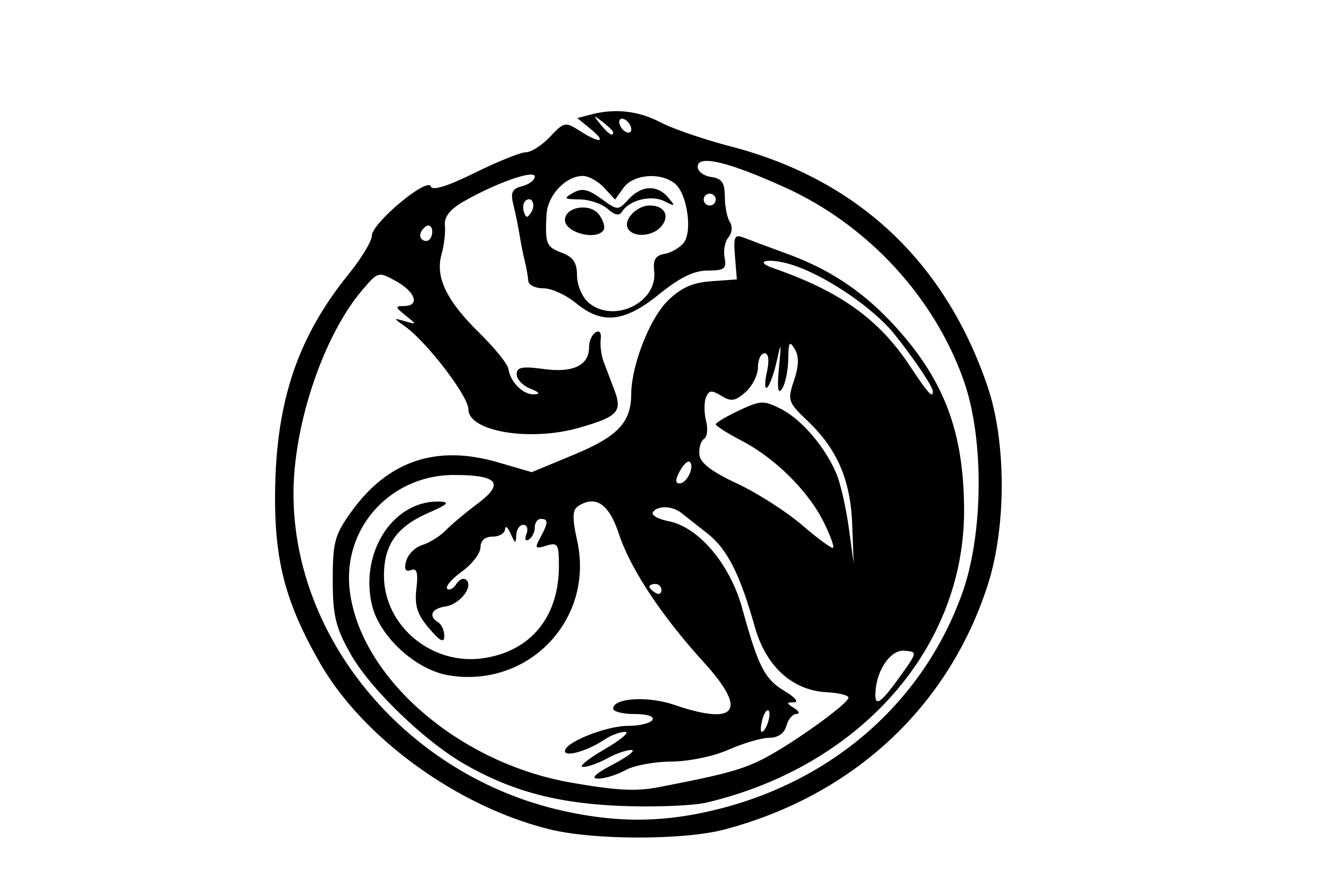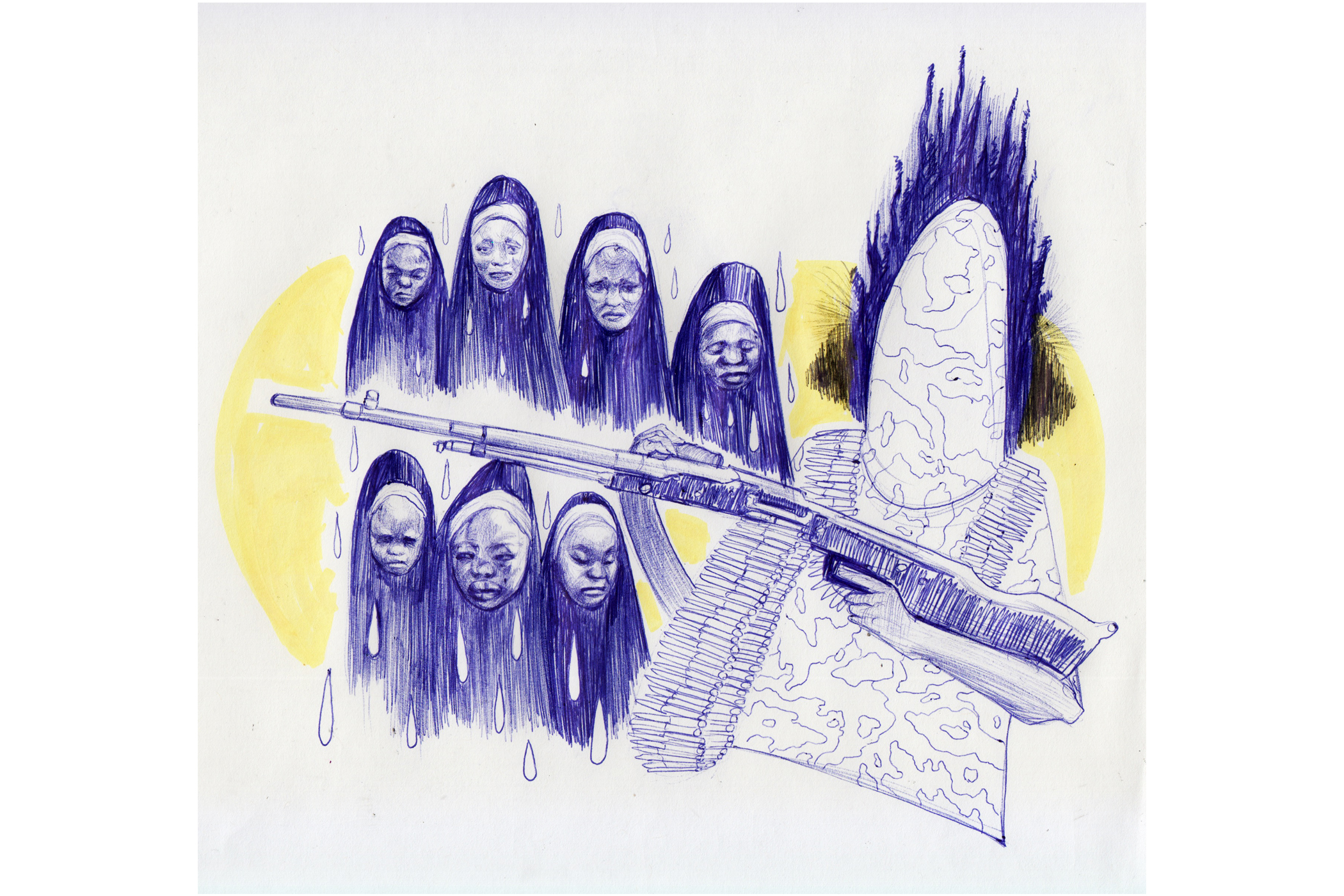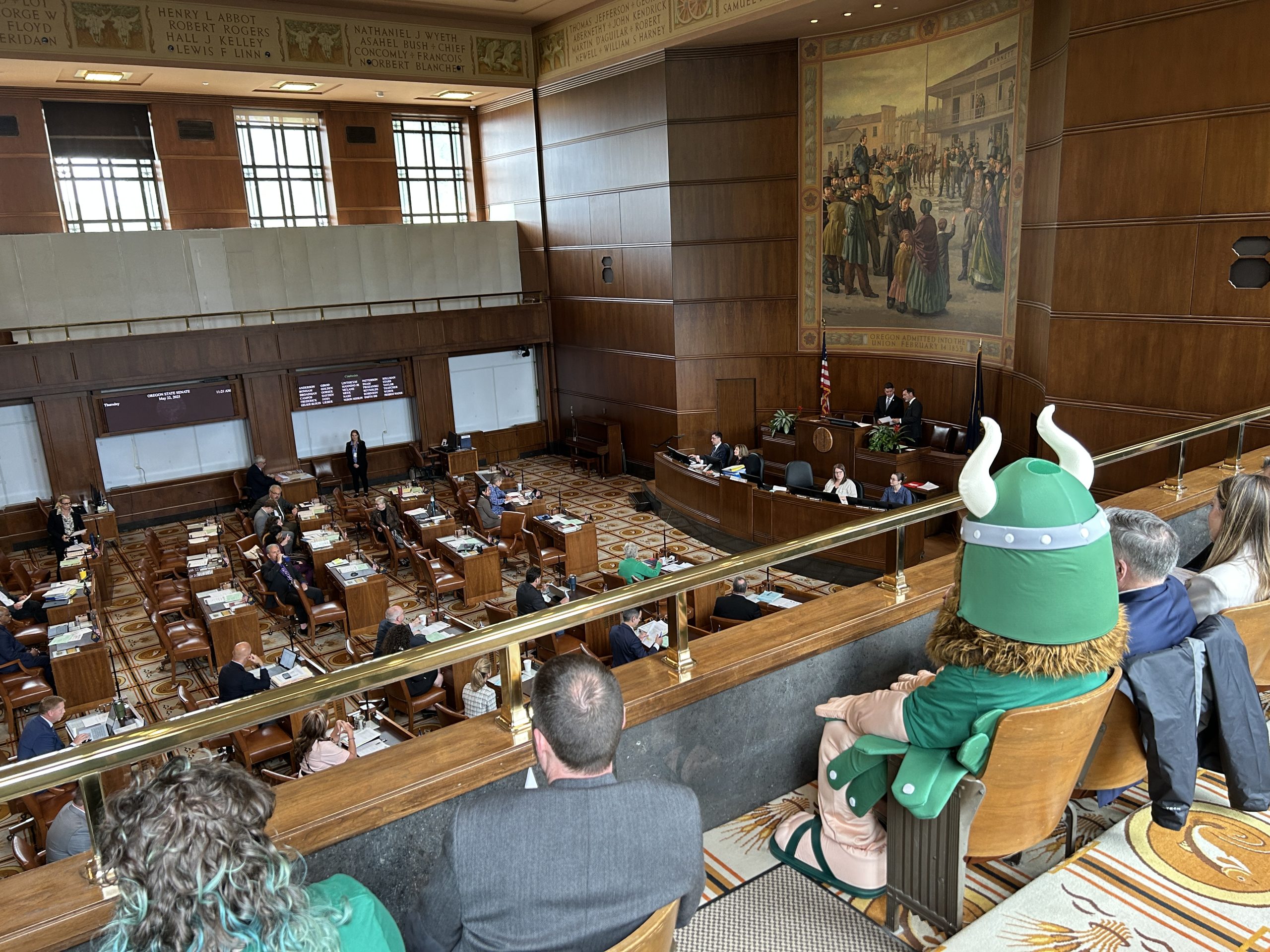April 2 Venezuela: Legislators have stripped opposition leader Juan Guaidó of parliamentary immunity which would allow for his arrest and prosecution, The Telegraph reported. Guaidó declared himself president on Jan. 23 following Venezuela’s May 2018 elections, in which President Nicolás Maduro secured re-election amid the country’s continuing economic and political crisis and claims of election meddling. Diosdado Cabello, head of the Constituent Assembly which voted to strip Guaidó’s immunity, said, “[Gauido’s prosecution] is officially authorized,” Al Jazeera reported.
April 3 Brunei: The South Asian island of Brunei gained widespread international focus after new laws went into effect on April 3 expanding the list of crimes viable for capital punishment. According to Deutsche Welle, gay sex and adultery are now punishable by death from stoning, as well as crimes of rape, robbery and insulting the Muslim Prophet Muhammed. Additionally, the law will allow for the amputation of limbs for crimes of theft. In reaction to the new laws many are calling draconian, international boycotts are underway, including boycotting of hotels owned by the country’s Sultan Hassanal Bolkiah, reported Business Insider.
April 4–5 DC: For the first time since its inception, Congress has used the War Powers Act of 1973 after the House of Representatives approved a resolution on April 4 calling for the end to United States support and involvement in the war in Yemen. Democracy Now! reported the vote received 247 for and 175 against, with Congresswoman Barbara Lee quoted saying, “We’ve helped create and worsen the world’s greatest, largest humanitarian crisis: 22.2 million Yemenis—that’s 75% of the population—needs humanitarian assistance.” The resolution will now head to the desk of President Donald Trump, who is expected to veto it.
Separately, the Trump administration revealed on April 5 reuniting families separated at the border could take upwards of two years. According to The New York Times, the Justice Department has 47,000 cases to review, many of which did not have specific data collected by the U.S. Customs and Border Protection.
April 4–7 Libya: Tensions have risen in the war-torn country of Libya after Khalifa Haftar, general of the rebel Libyan National Army, ordered a military advancement on the city of Tripoli on April 4 to begin the following day, Al Jazeera reported. Libya has been embroiled in a civil war after NATO forces killed longtime leader Moammar Gadhafi in 2011, splitting the country between rival governments with the UN-backed government in Tripoli and the opposition government based in Tobruk. On April 5, armed clashes took place as the UN Security Council called an emergency meeting, but due to armed clashes, Secretary General of the UN António Guterres announced he had ended a mission in the country. Air raids began on April 6 against the LNA as G7 foreign ministers urged Haftar to halt his military advancements.
Ongoing Iran: Floods which began in March continue as the government ordered the evacuation of 70 villages in the southwestern province of Khuzestan on April 2. As reported by Al Jazeera, around 70 people have been killed in the floods which have destroyed infrastructure and homes and displaced thousands of people. Additionally, roads to 275 villages in the neighboring province of Lorestan have been blocked off, with some 200 bridges and 250 miles of roads reported destroyed on April 7 by the deputy minister of roads and urban development. According to Interior Minister Abdolreza Rahmani Fazli, some 400,000 people could be affected by flooding.
When I first came to PSU, I was a Chinese major, having studied three years prior in high school alongside French and Japanese. After the first year, I took a hiatus. I don't believe in going to college straight out of high school, but it's what was expected. I returned a few years later to study Japanese at PCC and Arabic at PSU. I am now a junior majoring in International Studies: Middle East and Arabic. In the future, I would like to work as a journalist or humanitarian aid worker in the region, helping people who lack economic and political backing and media exposure.






